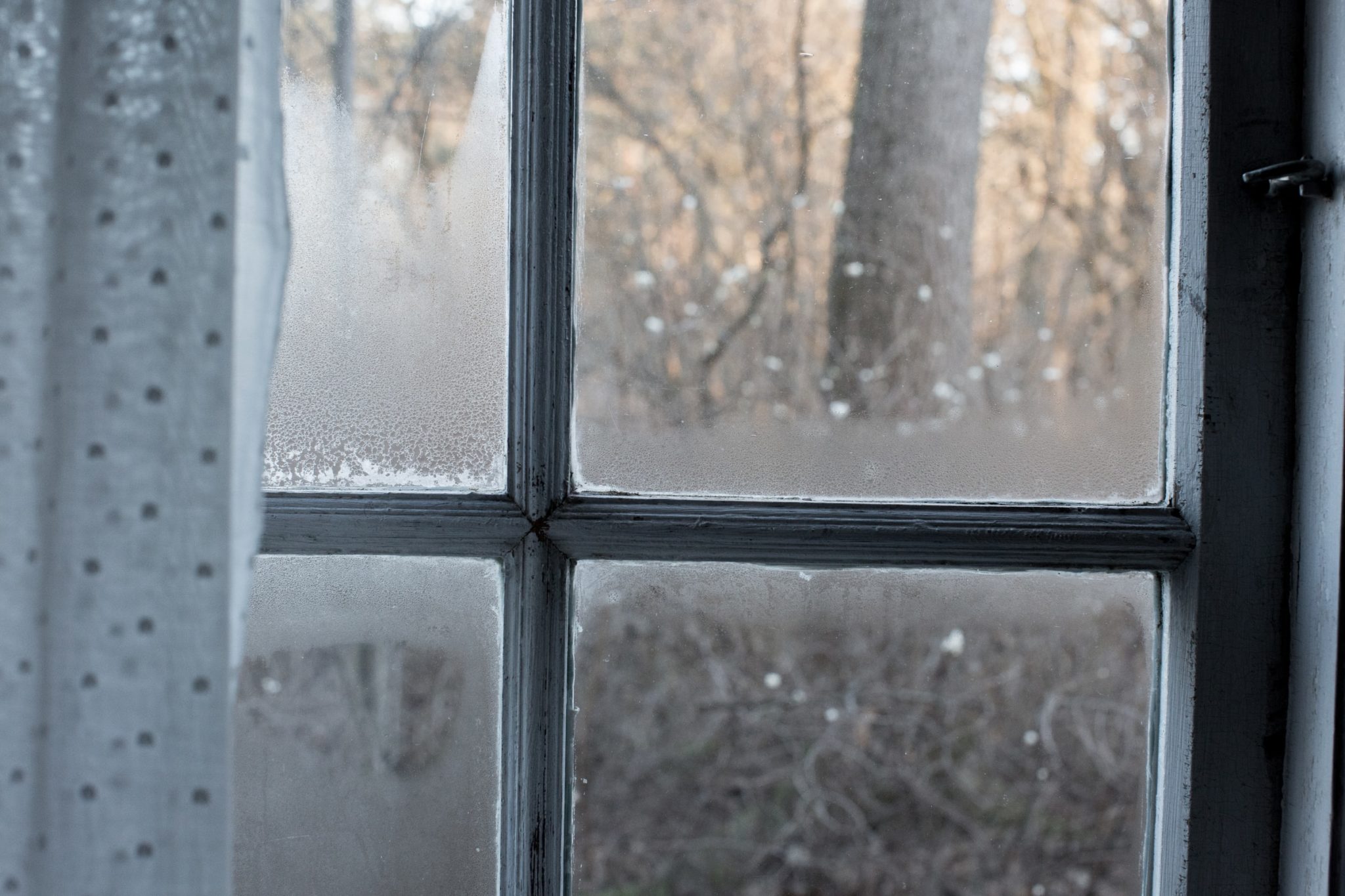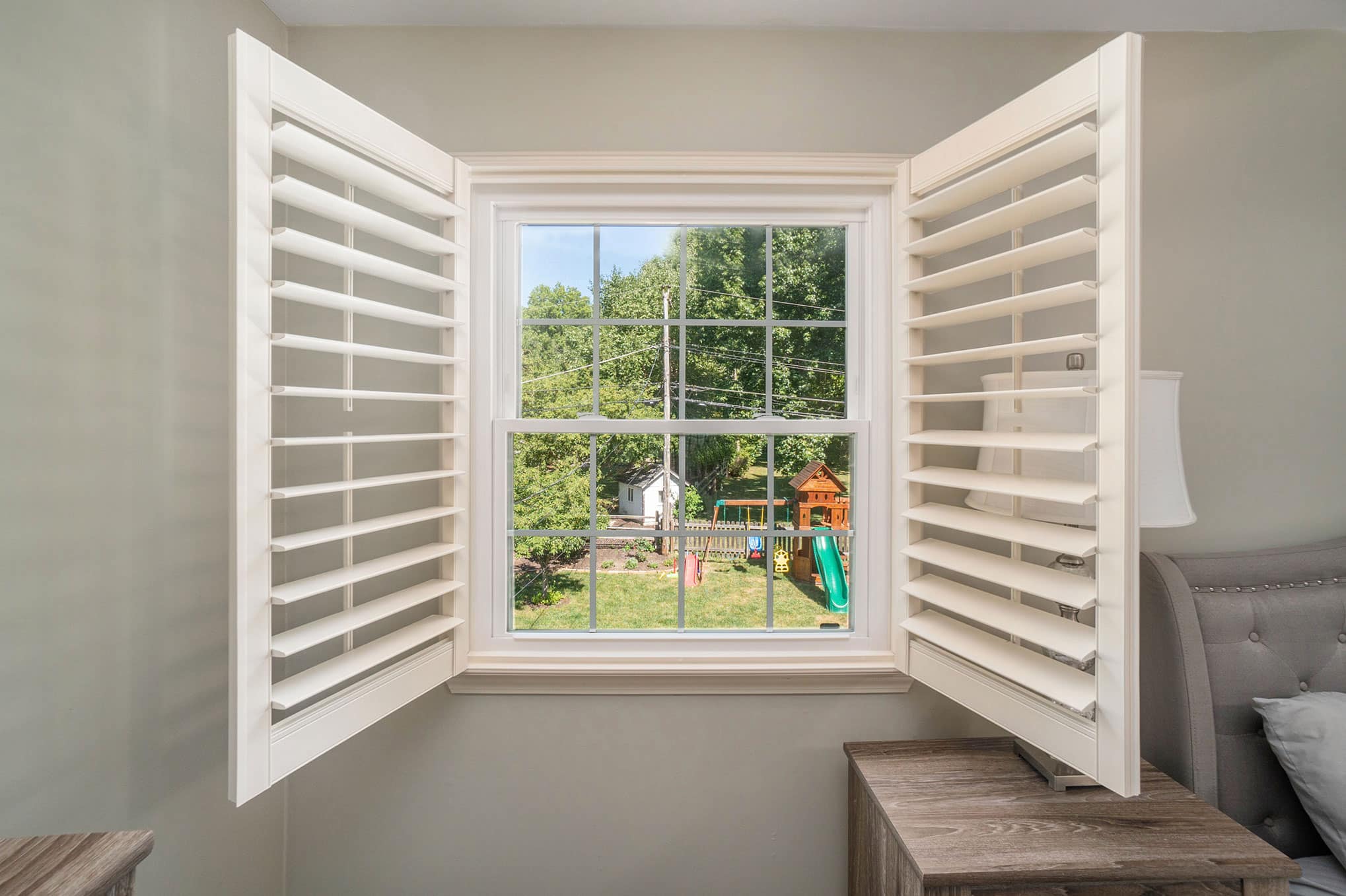
Why Are My Windows Hard To Open?
Opening a few windows during nice weather can create a great cross-breeze, getting rid of the stuffy, stale air in your home. But if your windows are stuck or hard to operate, the process can be frustrating.
Windows can become difficult to open over time due to dirt, debris, or mechanical issues. Here’s a breakdown of how to fix different types of windows, from sliding windows to casement windows, with simple DIY steps.
How to Fix Hard-to-Open Windows
For Sliding Windows
Sliding windows can be prone to collecting dirt and debris in the tracks, causing them to stick.
- Clean the Tracks:
- Use a vacuum with a hose attachment to remove loose dirt from all sides of the window tracks.
- Wipe the tracks with an all-purpose cleaner, paying attention to the bottom track where dirt tends to accumulate.
- Slide the window back and forth to loosen any stubborn dirt.
- Lubricate the Tracks:
- Apply a silicone-based lubricant to the tracks, making sure to spread it evenly across the entire track.
- Open and close the window a few times to ensure smooth operation.
- Check Rollers for Damage:
- Inspect the rollers for wear or damage. If the rollers are stuck or damaged, they can make it hard to slide the window. Replace them if needed.
For Casement Windows
Casement windows, which open outward with a crank, can develop issues due to stiff hinges or mechanical failure in the operator.
- Clean and Lubricate the Hinges:
- Open the window fully.
- Wipe the hinges with a cloth to remove any dirt.
- Apply a silicone-based spray to the hinges, and then open and close the window several times to work the lubricant into the mechanism.
- Inspect for Loose Screws or Misaligned Parts:
- Check the screws on the hinges and the operator. If they are loose or misaligned, tighten or replace them to improve the window’s function.
- Replace the Window Operator (if needed):
- If the window still doesn’t open smoothly after lubricating the hinges, the issue might be with the operator (the part connected to the crank that pushes the window open). In this case, replacing the operator may be necessary.
For Double-Hung and Single-Hung Windows
Double-hung and single-hung windows, which slide up and down, can develop issues from accumulated debris or misaligned springs.
- Clean the Tracks:
- Vacuum up any loose dirt from the window tracks.
- Use an all-purpose cleaner to scrub away grime, focusing on the vertical sides where debris tends to collect.
- Lubricate the Tracks:
- Apply a silicone-based lubricant along the sides of the tracks.
- Move the window up and down several times to ensure even distribution of the lubricant.
- Check Springs and Locks:
- If the window still sticks, check the spring mechanism. If the spring is damaged, it may need to be replaced.
- Ensure the lock mechanism is functioning properly. Lubricate the lock if it’s stiff.
For Awning or Hopper Windows
These windows open outward or downward, and the hinges or operator can become stiff over time.
- Clean and Lubricate the Hinges:
- Open the window fully and wipe away any dirt or dust from the hinges.
- Spray silicone-based lubricant on the hinges, wiping away any excess to prevent drips.
- Open and close the window several times to allow the lubricant to distribute evenly.
- Inspect the Operator:
- If the hinges are not the problem, check the operator. If the operator is stiff or broken, it may need to be replaced.
When To Consider a Window Replacement
Problems opening a window could also be a symptom of damage to the window itself. The springs or counterbalance may have failed, leaving the window hard to open or unable to stay in position while open. Such windows can make it hard to exit in a fire, or they can close abruptly, causing injuries, and should be replaced as soon as possible.
Warped, bent, or swollen, water-damaged frames and sashes could also cause the problem, which is especially common with wood or aluminum windows. Upgrading to a modern vinyl or fiberglass window can virtually eliminate warping or water damage problems while improving your comfort, cutting energy costs, and reducing maintenance requirements.
Turn to our team at Zen Windows when you need to replace your old, damaged, or difficult-to-operate widows. We offer high-quality, energy-efficient vinyl replacement windows and fiberglass replacement windows, both of which are durable, low-maintenance alternatives to wood or aluminum windows.

